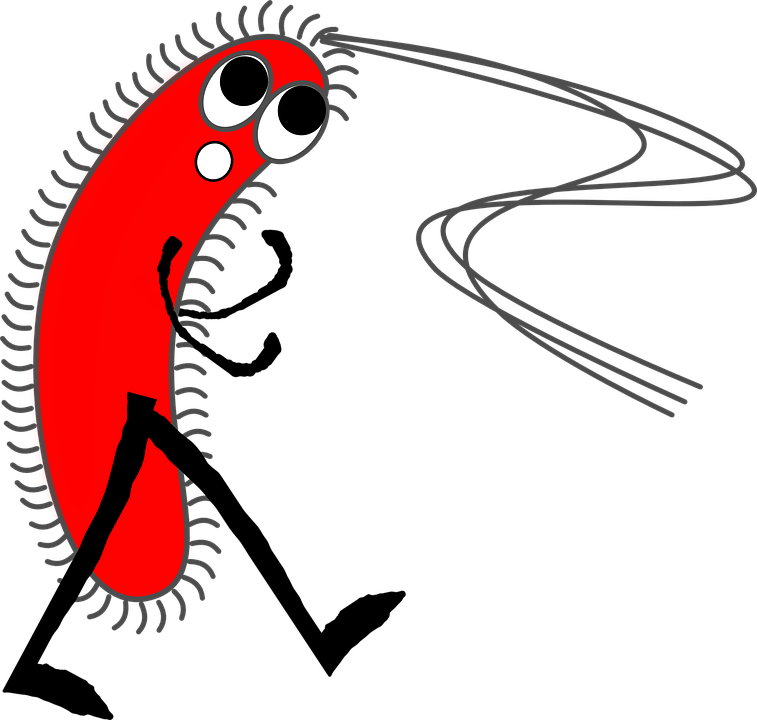
27 Jun Gut microbes fighting influenza
A particular gut microbe can prevent severe flu infections in mice by breaking down flavonoids commonly found in foods such as blueberries, black tea and red wine.
Researchers at Washington University School of Medicine found that not only does the stomach microbe prevent infection but is also effective in staving off severe damage from flu when the interaction occurs prior to infection with the influenza virus.
Flavonoids have long been thought to have protective properties that help regulate our immune system to fight infection. There has also been previous evidence to suggest that the gut microbiome may be important in protecting against sever influenza infection. As flavonoids are commonly found in our diets, an important implication for the scientists study was to find whether flavonoids work with gut microbes to prevent against viral infections.
The research group screened human gut microbes to identify flavonoid metabolising microbes. Clostridium orbiscindens was found to be such a candidate, which degrades flavonoids to produce the metabolite desaminotyrosine (DAT). DAT is known to enhance interferon signalling, a pathway which plays a crucial role in the human immune response through the activities of these cytokines which have antiviral, antiproliferative and immunomodulatory effects.
Given the role of DAT enhancing immune response pathways, the researchers treated mice with DAT prior to infecting them with influenza virus. It was observed that although the DAT treatment did not prevent flu infection itself, the severity of infection from damage to lung tissue caused by immune responses was decreased.
This strategy may prove beneficial in the future as an adjunct therapy to vaccination, as it targets the immune response to the virus, not the virus itself which develops drug resistance through mutation. Not only could this prevent the rate of morbidity during severe flu epidemics but may also help reduce cost burdens on public health systems and the work force.
Citation:
Ashley L. Steed, George P. Christophi, Gerard E. Kaiko, Lulu Sun, Victoria M. Goodwin, Umang Jain, Ekaterina Esaulova, Maxim N. Artyomov, David J. Morales, Michael J. Holtzman, Adrianus C. M. Boon, Deborah J. Lenschow, Thaddeus S. Stappenbeck. The microbial metabolite desaminotyrosine protects from influenza through type I interferon. Science, 2017; 357 (6350): 498 DOI: 10.1126/science.aam5336

